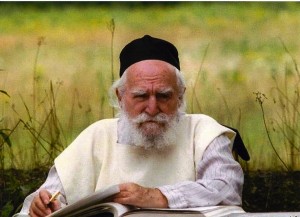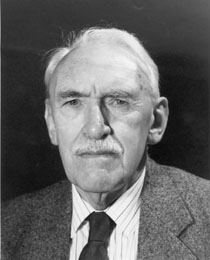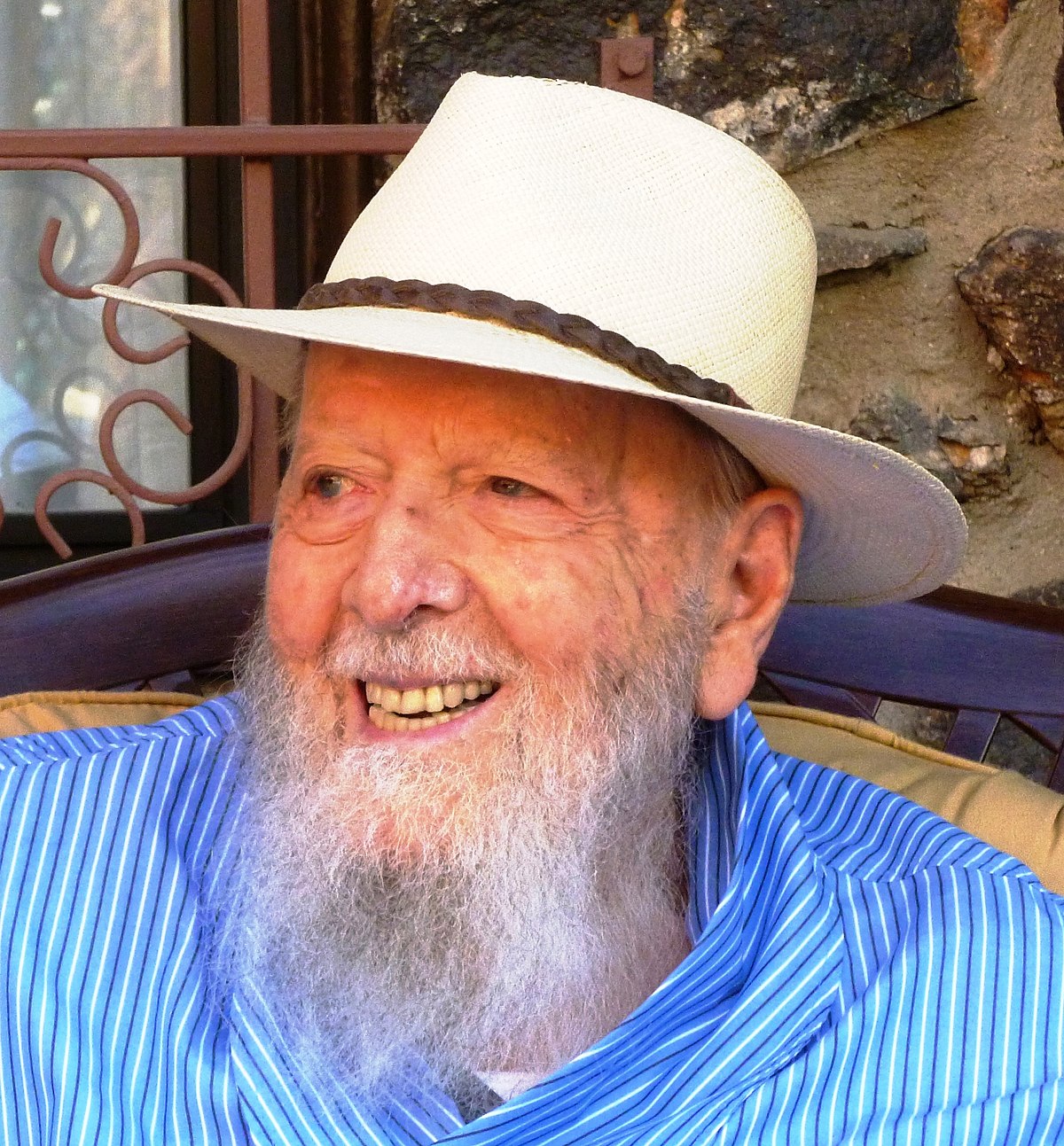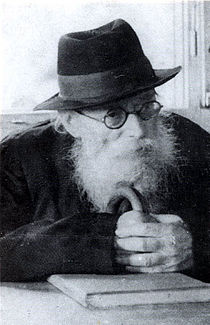
When Reform swept through Germany in the early eighteenth century, it looked like the end of Traditional/Orthodox Judaism. An observer during the time would predict without any hesitation was that there would be no Orthodox Jews whatsoever in a very short period of time. Ironically, the same predictions were made in the 1950s when it was also obvious that Orthodoxy would disappear and any Jews who cared enough would be either Conservative or Reform. One of the great ironies of our time is that not only have the Orthodox survived, but continue to grow and thrive, whereas the Conservative and Reform are dying out.
Rabbi Moshe Feinstein, the great Torah scholar, was asked the toughest questions on Jewish law and recorded them from the very early 1950s for the next 35 years. In one of his early responses, he wrote about an Orthodox minyan that had moved upstairs because it was shrinking while a Conservative minyan moved in downstairs. The question to Rabbi Feinstein was: Should they [the shrinking, aging Orthodox minyan] kick the young people out?
Toward the end of his life, in 1985, he was asked a question about a Conservative minyan upstairs and the young Orthodox one downstairs: Should they pray in the Conservative synagogue because their minyan is much bigger and in three to five years they are going to take it over anyway. In the space of 35 years, the roles had been completely reversed. Yet, in 1951 nobody believed that could happen.
That is what happened in the time of the Reform movement. It became heir in Germany, and to a lesser extent in France, to everything that the Jewish community had built up over 500 years, including its assets and traditions. It was a startling development, one to which the Orthodox really had no effective response for a long time. The Orthodox people were completely out of tune with the winds of change in society.
Reform and Conservative Judaism today look increasingly like relics of the nineteenth and twentieth centuries, respectively. In the September 28, 2008, New York Magazine entitled “Assimilation and its Discontents – How Success Ruined the New York Jew” David Samuels’ main thesis, beautifully written and elegantly presented, is that the fact that Jews are now accepted and fully integrated and assimilated into American society, has worked to their detriment.
They have lost the drives, talents and specialness that made them so vital in American life in the twentieth century. The very fact of being an outsider forced them to strive harder and be better in all fields than their WASPish competitors. Jews were forced to create their own schools, universities, law schools, medical schools, hospitals, law firms, banks, clubs, social welfare organizations and out of this partially self-enforced and mainly outside enforced parallel society emerged Nobel laureates, great literary and artistic figures and talented financiers, business people and creative innovators in the arts and even politics.
Samuels’ final words are: “Jews of New York City, we don’t have to go out like that…. Perhaps we can finally relinquish our fantasies of universalistic omnipotence and return to the prickly particularity that made us great. We can reopen the delis and bakeries, and celebrate the wisdom of our sages who knew that worldly success is fleeting, and that the secret to happiness is fear of God, a bowl of hot chicken soup and a rent controlled apartment in Brooklyn.”











